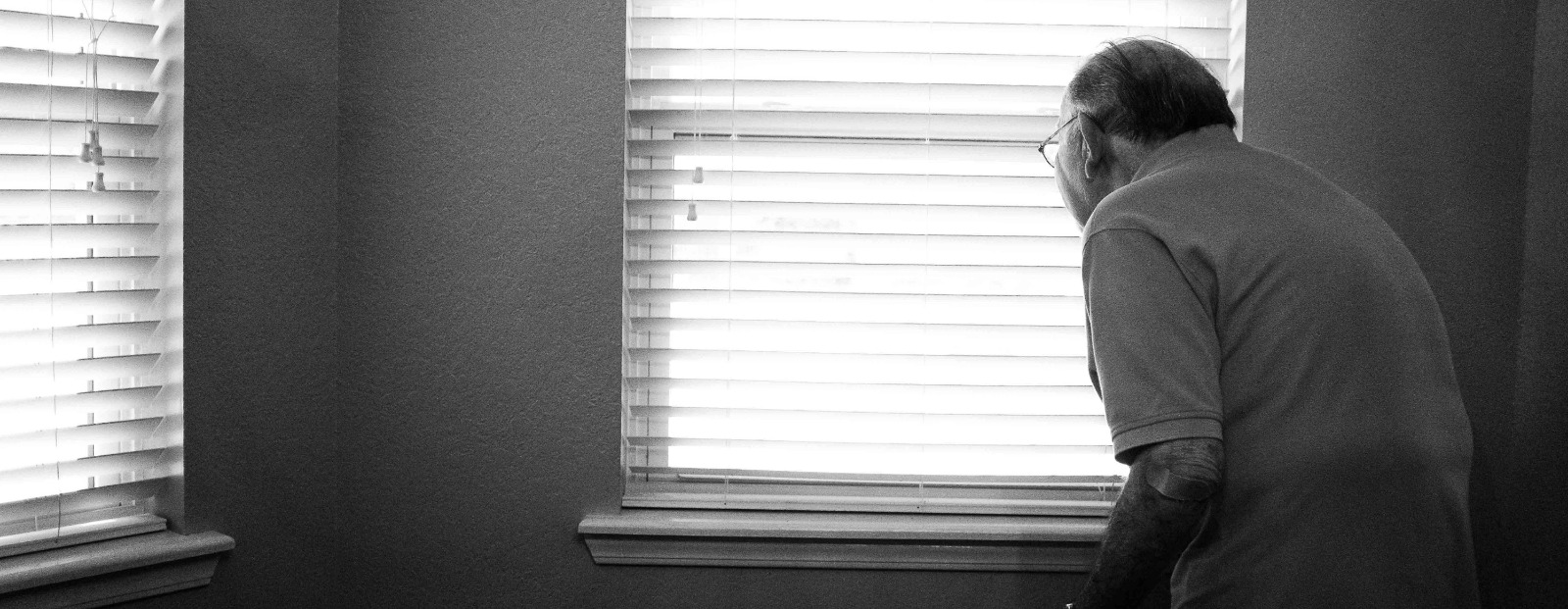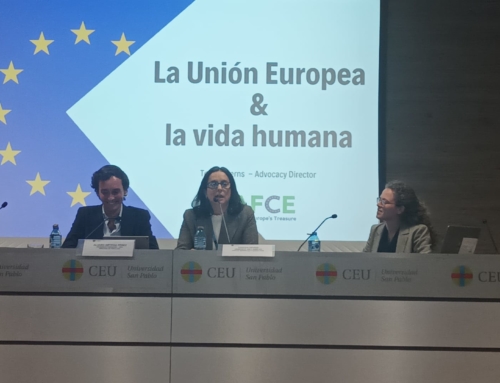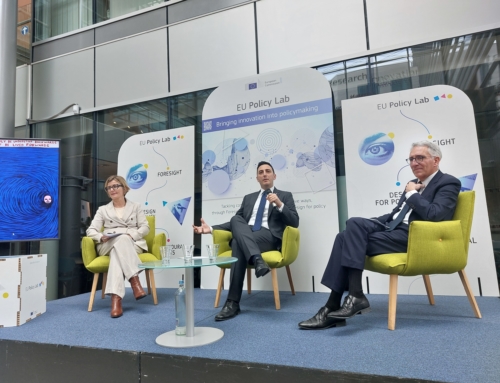Brussels, 15 June 2020
“Promoting a family-friendly culture is the best answer to fight elder abuse. Family associations can play a key-role in overcoming the current ways we take care of the elderly, by creating new structures of solidarity in our communities. Yet, in order for elderly persons to stay in their family, it is crucial to remove all obstacles families face when taking care of their most vulnerable members.” FAFCE’s President, Vincenzo Bassi, declares on the World Elder Abuse Awareness Day. Today, with a social media message, Pope Francis stated that “When the elderly are not cared for, there is no future for the young”.
The Covid-19 pandemic has seen the increased vulnerability of the elderly often forgotten about in the management of the crisis. Vincenzo Bassi continues: “Many elderly persons have been left alone in care homes, where they were unable to have access to the same medical care and life-saving therapies as any other patient. We recall today the necessity to protect their dignity and their life, even and especially in the post-pandemic times: we should seize this historical moment as an opportunity to reshape the way we take care of the elderly and the way we recognise their precious role in our communities. The work of all the families who take care of elderly persons also has an economic value, even without monetary consideration. Therefore, it should be fairly awarded and encouraged through appropriate policies.”.
In its last Board Resolution, FAFCE invited all European decision-makers to work for family-responsive policies, in the context of the current public health and economic crisis, “by effectively investing in the family and in its human and social capital to move away from the crisis and creating a new starting point for Europe: epochal crises require historic choices, this is the moment to rethink the way we work, the way we take care of elderly persons, the way we value the role of the family and the different structures of solidarity in Europe”.
Last Friday, on the 12th of June, FAFCE’s Secretary General, Nicola Speranza, and the Project Manager, Bénédicte Colin, took part in the 1st meeting of the ad hoc working group, established together with COMECE, to prepare a discussion paper on the care for elderly persons, in the framework of the EU demographic challenges, placing the role of the family at the center. FAFCE Associate Member, Nonni 2.0, was invited to intervene, bringing its expertise and inspiring testimonies. This first meeting also saw the active contribution of the Dicastery for Laity, Family and Life, with the attendance of its Under-Secretary, Gabriella Gambino, and the representative of the office for the elderly, children and persons with disabilities, Vittorio Scelzo. Earlier this year, the Dicastery organised an event on “The richness of many years of life“, highlighting the fact that elderly people are an integral part of the family.
“We found the focus of this ad-hoc working group on the role of the elderly, which was planned before the current crisis, very appropriate: such a reflection on how to face the current demographic challenges is needed more than ever, especially in this historical moment – the President of FAFCE declares. The phenomenon of elder abuse is often ignored and overlooked, as elderly persons are today increasingly living in situations of social isolation. Their marginalisation in care homes makes them more vulnerable to violence and abuse, and it is often difficult for them to seek for help and protection. In addition, not only do elderly persons face underreported physical abuse, but they mostly suffer from the mental violence of loneliness, which today kills more than the Coronavirus. To overcome this loneliness, the family must once again become the place of solidarity between generations”.
“Older people should be valued as an integral part of the family. They are not only vulnerable people to be cared for, but also as active members of our communities. Grandparents play a crucial role in the intergenerational solidarity, and often help to lighten the responsibility of parents in the care and education of their children – Vincenzo Bassi concludes. It is crucial to recognise elderly persons as necessary assets for society: they participate in the reciprocity of care and solidarity between generations, which lay the foundation for any human community”.
The World Elder Abuse Awareness Day was recognised by the United Nations Day by the General Assembly in its Resolution A/RES/66/127 adopted in 2011. This Resolution namely “calls upon Governments to ensure, as appropriate, conditions that enable families and communities to provide care and protection to persons as they age”.







